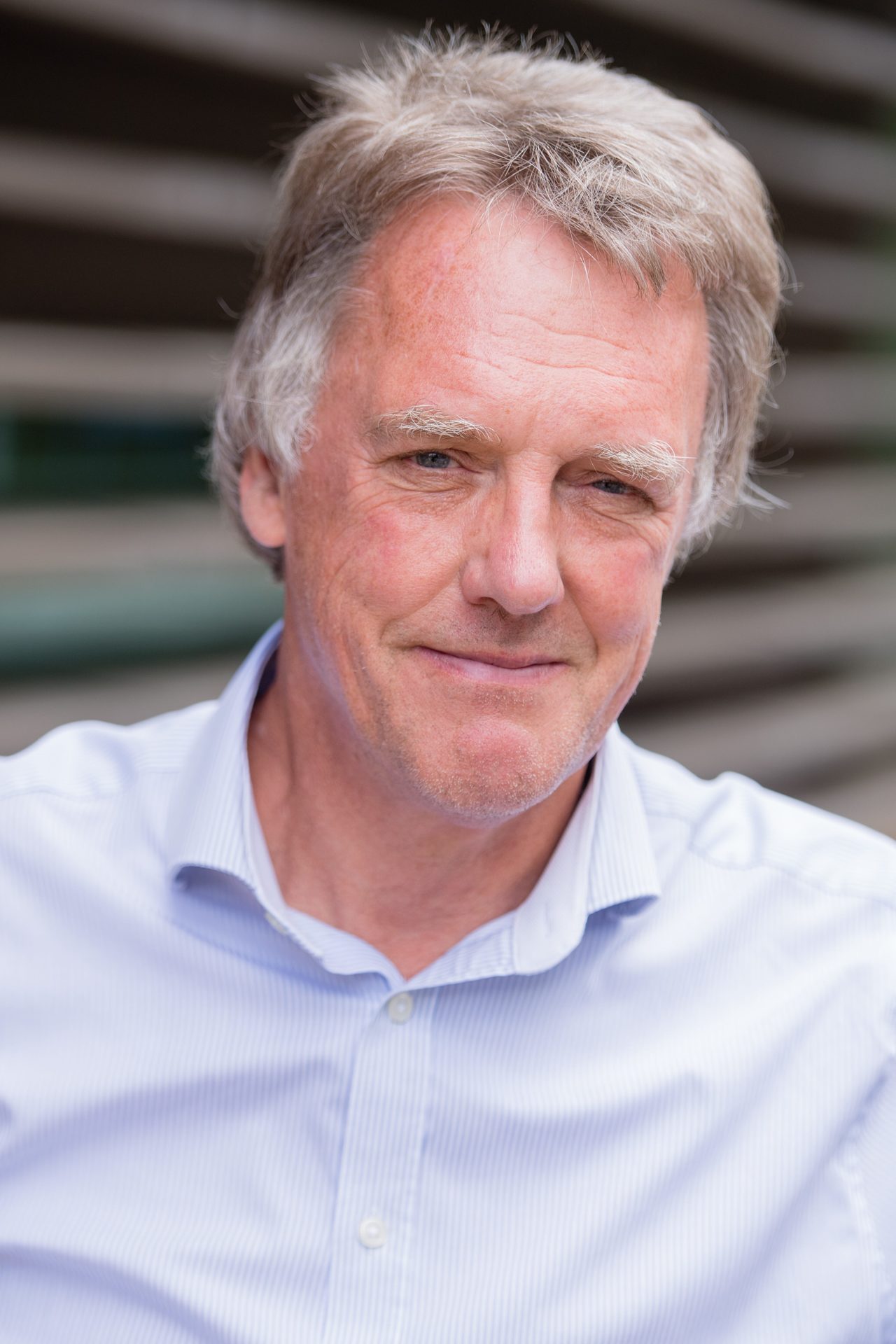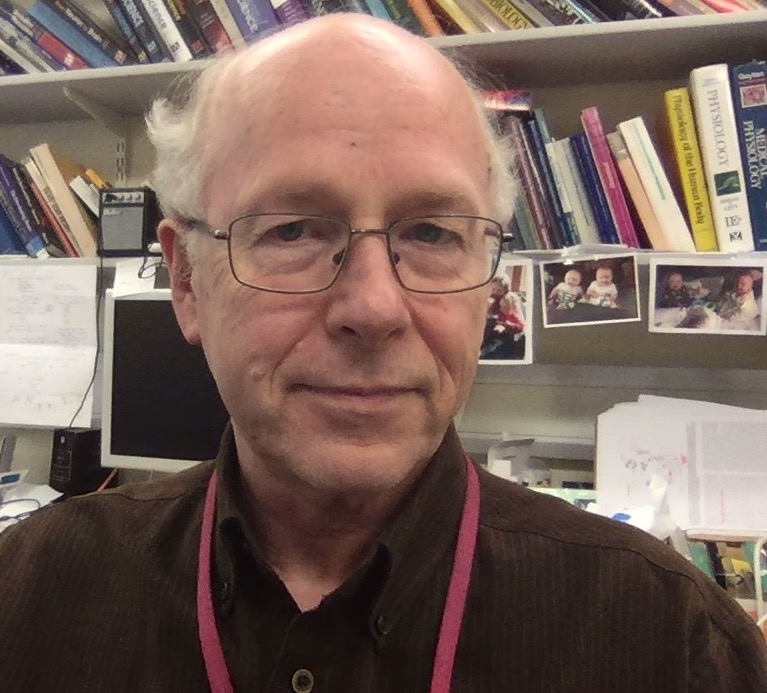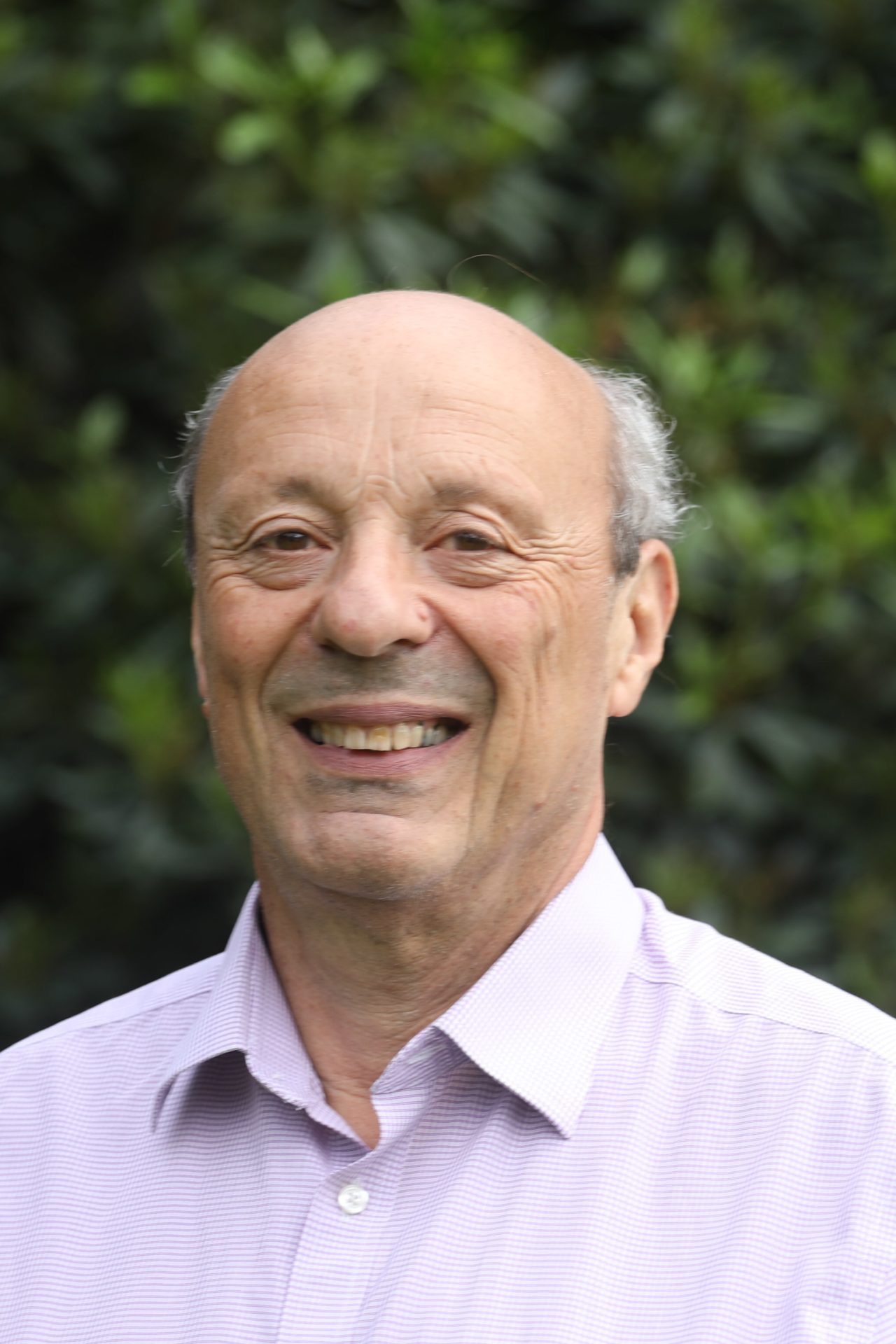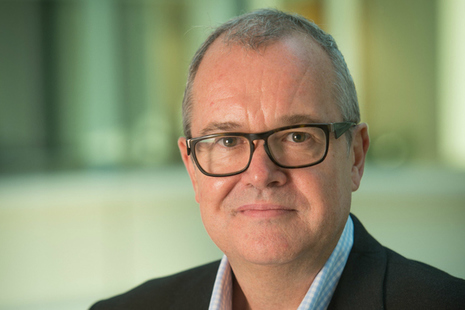Following their formal announcement at the 2020 Member Forum, the Board is delighted to announce the 2020 Honorary Members of The Society.
Peter Ratcliffe*

Peter J Ratcliffe, MD is a physician scientist who trained as a nephrologist, before founding the hypoxia biology laboratory at Oxford. His laboratory elucidated mechanisms by which human and animal cells sense oxygen levels and transduce these signals to direct adaptive changes in gene expression.
Ratcliffe received his degrees from the University of Cambridge and medical training at St Bartholomew’s Hospital, London and the University of Oxford. He is a Fellow of the Royal Society and a recipient of several international awards for his laboratory’s work on oxygen sensing, including the Louis-Jeantet Prize for Medicine, the Canada Gairdner International Award and the Lasker Award for Basic Biomedical Research. He was knighted for his services to medicine in 2014 and won the Nobel Prize in Physiology or Medicine in 2019. In 2012 he gave The Physiological Society’s Annual Review Prize Lecture, in Edinburgh, with a lecture entitled “Oxygen sensing in animals”.
He holds appointments as Director of Clinical Research at the Francis Crick Institute and Director of the Target Discovery Institute at the University of Oxford and is a member of the Ludwig Institute for Cancer Research.
Richard Ribchester

My formal introduction to The Physiological Society was in June 1976, at the Centenary Meeting in Cambridge: my oral communication was scheduled as the opener, C1. Since I was only a second-year PhD student at the time (under John Harris’s supervision at the muscular dystrophy labs in Newcastle) and the audience was peppered with many distinguished physiologists, this caused me quite some trepidation.
I obtained my PhD in 1977. After postdoctoral fellowships in the Department of Physiology at the University of Colorado School of Medicine, under Bill Betz’s mentorship, and the Physiology Institute in Oslo, guided by Jan Jansen, I was appointed to a Lectureship in Physiology at the University of Edinburgh in 1980, where I have remained through my entire career, focusing my research (and teaching) on the physiology of neuromuscular junctions in health and disease.
I was elected to Ordinary Membership of The Society in 1983 and to the Editorial Board of The Journal of Physiology in 1986. I was one of the three appointed Distributing Editors from 1988 to 1991. In 1988, I wrote to the Treasurer of the Society (Julian Jack) suggesting that The Society might use some of its funds to support research seminar programmes in all UK Physiology Departments.
This idea was enthusiastically received by the Committee and I am pleased to see that the seminar support programme still continues to benefit the dissemination and discussion of physiology in this fashion. I served on the Committee myself from 1994-98. The University of Edinburgh awarded me a DSc in 2005 for my contributions to research on development and plasticity of neuromuscular innervation and I was promoted to a Personal Chair in Cellular Neuroscience the same year.
Over the period of 2006 – 2009, I worked closely with local philanthropists Donald and Euan MacDonald, and with the University, leading to the establishment of the Euan MacDonald Centre for motor neurone disease research, for which I acted as Director until a clinician-scientist was identified and appointed. The Centre now comprises over 200 researchers and its diverse basic, translational and clinical work is recognised internationally. I was elected as a Fellow Member of The Physiological Society in 2017. I feel indeed honoured by my election now as an Honorary Member. I am looking forward to continuing research as an experimental physiologist during my impending retirement, and to attendance and contribution to Society meetings, hopefully for many years to come.
David Eisner

David Eisner’s scientific career has focused on calcium signalling in the heart and the link to both normal and abnormal electrical activity and contraction. Following undergraduate studies in Cambridge, and a
PhD under the supervision of Denis Noble at the University of Oxford, he held faculty positions at University College London and the University of Liverpool before moving to the University of Manchester in 1999.
He joined The Physiological Society in 1980 and has served it in various roles including Chair of The Editorial Board of The Journal of Physiology, and from 2016-2018, as President. He has also had a keen interest in the international role of The Society. He held the post of International Secretary, was chair of the Scientific Programme Committee for the International Union of Physiological Sciences meeting, held in Birmingham in 2013, and chaired the Organising Committee for Europhysiology 2018.
Patrick Vallance

Sir Patrick Vallance FRS FMedSci FRCP is Government Chief Scientific Adviser (GCSA) and Head of the Government Science and Engineering (GSE) profession. His personal research was in the area of diseases of blood vessels and endothelial biology.
Patrick was President, R&D at GlaxoSmithKline (GSK) from 2012 until 2017. Prior to this, he was Senior Vice President, Medicines Discovery and Development. He joined the company in May 2006 as Head of Drug Discovery. He was a member of the GSK Board and the Corporate Executive Team. During his period as head of R&D, over 14 new medicines were approved for use worldwide, for diseases ranging from cancer to asthma and HIV.
Prior to joining GSK, he was a clinical academic, Professor of Medicine and led the Division of Medicine at UCL. He has over 20 years’ experience of basic and clinical research and was a consultant physician in the NHS. His research spanned from work on medicinal chemistry and structural biology, through to cellular work, studies in humans and use of large electronic health record databases.
He was elected to the Academy of Medical Sciences in 1999 and to the Royal Society in 2017. He was on the Board of the UK Office for Strategic Coordination of Health Research (OSCHR) from 2009 to 2016. He is an Honorary Fellow at UCL and holds honorary degrees from Imperial College London, the University of Glasgow, the University of York and St George’s, University of London. He was a non-executive director and board member for UK Biobank and a non-executive board member for Genome Research Limited but stepped down in taking up the GCSA role.
Source: https://www.gov.uk/government/people/patrick-vallance
*Peter Ratcliffe’s Honorary membership was confirmed by The Society in 2019, but was awarded at the 2020 Member Forum.
